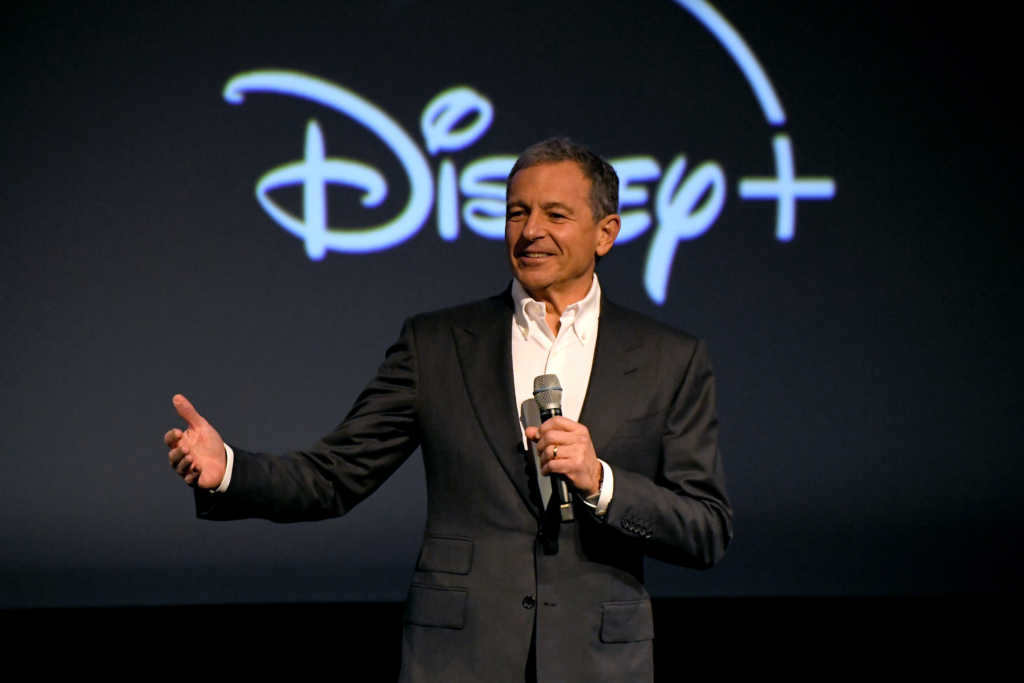
Recent developments surrounding the ongoing strikes by the Writers Guild of America (WGA) and the Screen Actors Guild – American Federation of Television and Radio Artists (SAG-AFTRA) have sparked criticism from actor Sean Gunn.
Gunn, known for his roles in Guardians of the Galaxy and Gilmore Girls, has lashed out at Disney’s CEO Bob Iger and Netflix over their handling of the strikes and issues of wealth disparity within the industry.
Sean Gunn’s Criticism of Bob Iger.

Bob Iger’s remarks during an interview with CNBC’s Squawk Box regarding the impact of the actors’ union strike did not sit well with Sean Gunn. Iger expressed concern about the strike’s potential negative effects on the industry and regional economies. In response, Gunn took to TikTok from the picket lines to express his disappointment, pointing out the significant income disparity between CEOs like Iger and the lowest workers in the 1980s compared to today.
Criticism of Netflix.

Sean Gunn also directed his criticism towards Netflix and its co-CEO Ted Sarandos and executive chair Reed Hastings. Gunn specifically highlighted the issue of minimal residuals received by actors for their work on popular shows like Gilmore Girls, despite generating substantial profits for the streaming platform. While residuals are paid by Warner Bros. Discovery, the original producer of Gilmore Girls, Gunn urged Netflix to reconsider how it shares its wealth and called for a fairer distribution of revenue.
Wealth Redistribution and Industry Ethics:
Gunn emphasized the need for CEOs like Iger and the heads of Netflix to reevaluate their business practices and consider sharing the wealth with those who contribute to their success. He questioned the morality and ethics of executives earning significantly more than their lowest-paid workers. Gunn’s comments reflect a growing sentiment within the industry to address income inequality and ensure fair compensation for all those involved in the creation and success of popular content.

Sean Gunn’s outspoken criticism of Bob Iger and Netflix amidst the ongoing strikes by WGA and SAG-AFTRA highlights the pressing issues of income disparity and fair compensation within the entertainment industry.
Gunn’s call for wealth redistribution and a reevaluation of business practices resonates with the demands for better working conditions and equitable treatment by actors and writers. As the strikes continue, these concerns and discussions surrounding industry ethics are likely to shape the future of the entertainment landscape.